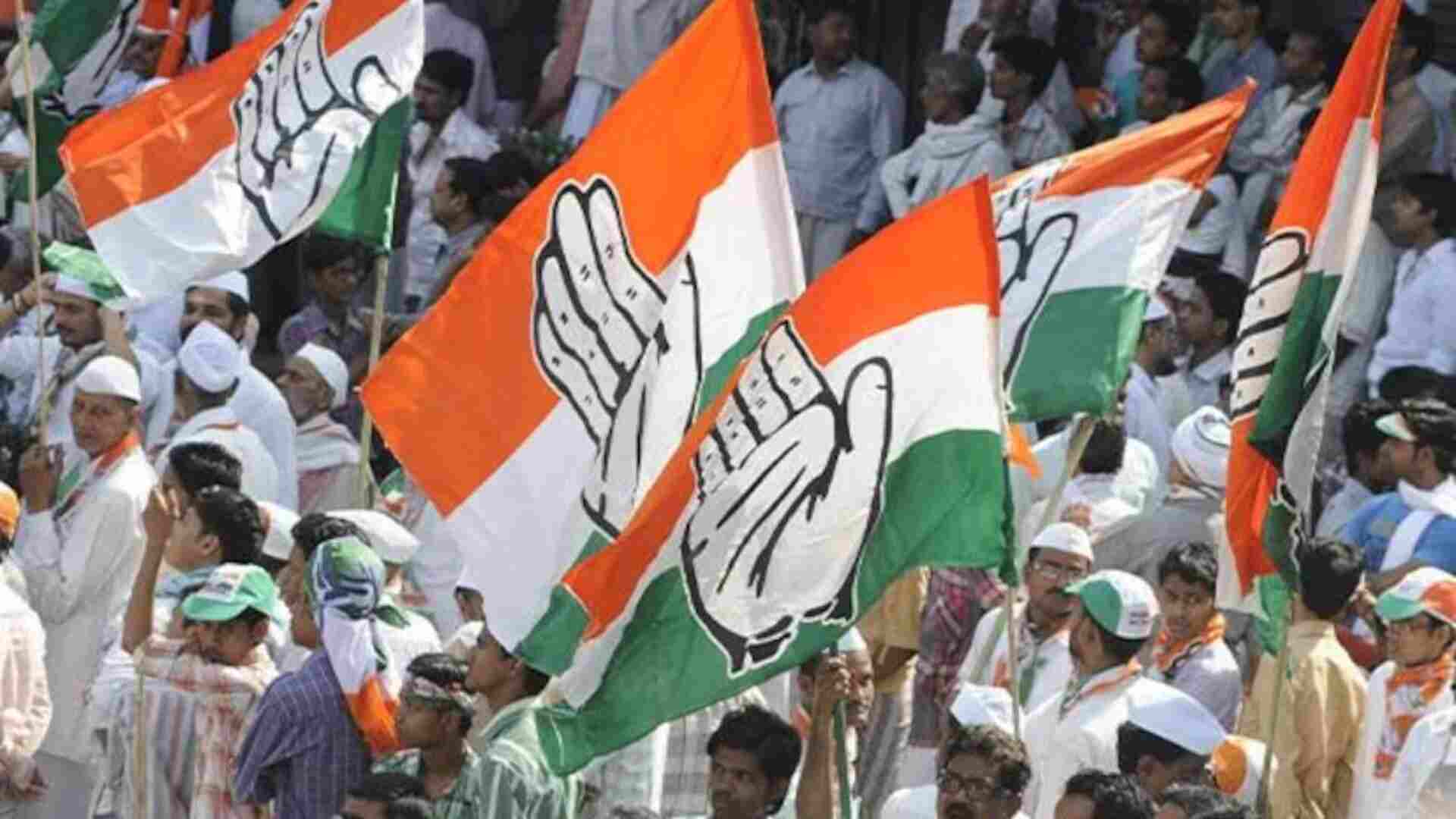The election results in Haryana have sent shockwaves through Congress. Despite raising numerous questions about the outcome, the party had sensed a shift in momentum during the final week of campaigning. This was evident when Rahul Gandhi chose to travel abroad with his sister Priyanka on polling day, returning only on the day of the vote count, while Priyanka remained overseas with her daughter. The Gandhi family appeared disheartened even before the counting began. In response, Rahul’s close aide Jairam Ramesh and other party leaders have started deflecting attention from the party’s shortcomings by alleging election rigging.
Rahul Gandhi and Priyanka Gandhi definitely put in their best efforts in the last phase of campaigning but by then the Dalit voters had dispersed. Rahul Gandhi had a long discussion with senior party leader Selja to woo Dalit voters before including Tanwar in 10 Janpath. Then a plan was made to bring former MP Ashok Tanwar back to Congress. Party treasurer Ajay Maken convinced Ashok Tanwar through his wife Avantika Tanwar on the basis of kinship and tried to confuse Dalits by including him in Rahul Gandhi’s Mahendragarh rally. Former Chief Minister Bhupinder Singh Hooda, who was a staunch opponent, tried to give a message by patting Tanwar’s back on the stage that everything is fine now. After this, Ajay Maken also tried to give a message to Dalit voters by praising Tanwar at the party headquarters.
Hooda’s son Deepender Hooda introduced Tanwar to the party’s national president Mallikarjun Kharge and fed him sweets. Then he made the photos viral. Tanwar did not get as much respect while being in Congress as the party gave him at the time of his return. But by then the game was out of hand. Still the party was hoping to get some Dalit votes.
But the party did not realize that Jat politics has become heavy. Along with Dalits, other castes also quietly distanced themselves from Congress. Upper castes were already angry with Rahul’s reservation politics.
The sudden way in which Tanwar joined Congress raised eyebrows, especially since he was actively campaigning for the BJP just an hour before. Those close to him suggest that the hurried decision left many confused, possibly due to pressure from his relatives. Meanwhile, Congress-aligned journalists fostered an atmosphere on social media suggesting that Hooda was poised for a comeback, often discussing his return more than the party’s overall prospects.
On election day, some journalists appeared unable to accept Congress’s defeat, defending the party as if they were spokespersons, insisting that results might still change after the voting concluded. One channel maintained for an extended period that Congress would secure 72 seats. Additionally, Deepender Hooda, Hooda’s son and MP, contributed to the party’s downfall, as supporters labeled him a potential CM candidate, leading to factionalism within Congress—similar to the situation in Madhya Pradesh.
In Madhya Pradesh, Rahul Gandhi relied heavily on Kamal Nath, confidently predicting victory. His close aides, including KC Venugopal and Jairam Ramesh, also shared optimistic feedback, claiming that Madhya Pradesh was a sure win, with Chhattisgarh following closely behind, while forecasting only 30 to 40 seats for Rajasthan, indicating a tough battle ahead.
Rahul Gandhi seemed to have accepted the reality of losing Rajasthan, believing it to be a lost cause. Had the high command managed the internal conflicts in the state more effectively, the outcome might have been different, potentially altering the trajectory of Congress politics today. Instead of focusing on strengthening the organization and addressing its shortcomings, Rahul and his team appear more concerned with self-preservation.
After winning 99 seats in the Lok Sabha, Congress leaders avoided a thorough analysis of their failures in direct confrontations with the BJP. Rather than building a robust organization and examining their losses in the Hindi belt, they acted as if Rahul’s leadership was a major success, assuming that votes would come automatically without the need for a strong grassroots presence. This miscalculation led to increased attacks on Prime Minister Modi, while crucial losses, such as the five seats in Haryana, went unaddressed.
The problem arose because of lack of communication. The infights and the issues brewing inside the party were not addressed timely. Had Congress engaged in a thorough discussion, they would have realized that their victories were largely due to the BJP’s missteps and poor strategy. The BJP, learning from its Lok Sabha election mistakes, first aligned with the Sangh, effectively courting voters in subtle ways. They revitalized their workers at the booth level, capitalizing on Congress’s shortcomings. For instance, Prime Minister Modi referenced Rajesh Pilot to appeal to Sachin Pilot’s voter base, while addressing Dalit concerns effectively.
In contrast, Congress assumed victory was guaranteed and merely waited for voting day, neglecting booth management and failing to ensure voter turnout. This lack of organization plagued both Rajasthan and Haryana. In Haryana, factionalism led workers from rival groups to undermine Congress efforts. Meanwhile, the BJP ensured every supporter was mobilized to vote, learning from their previous mistakes.
Congress’s internal structure is weak, lacking dedicated workers who are committed to the party rather than individual leaders. The struggles of Haryana Congress are well-known; Ashok Tanwar struggled to build a team during his five years as president and was sidelined during ticket distribution, leading to his departure. After Tanwar, Shailja was appointed but also failed to make a significant impact over four years. The high command’s decision to replace her close to the Lok Sabha elections was a critical error, leaving the campaign largely in the hands of Hooda, centralizing power within his family.
The Gandhi family’s reliance on external advice raises questions about whether their decisions stem from financial pressures or other motives. The defeat in Haryana has brought Congress back to a precarious position reminiscent of six months ago. Meanwhile, Uddhav Thackeray’s party in Maharashtra is becoming increasingly assertive, and in Uttar Pradesh, the SP is hinting at division, presenting further challenges for Rahul Gandhi.

















